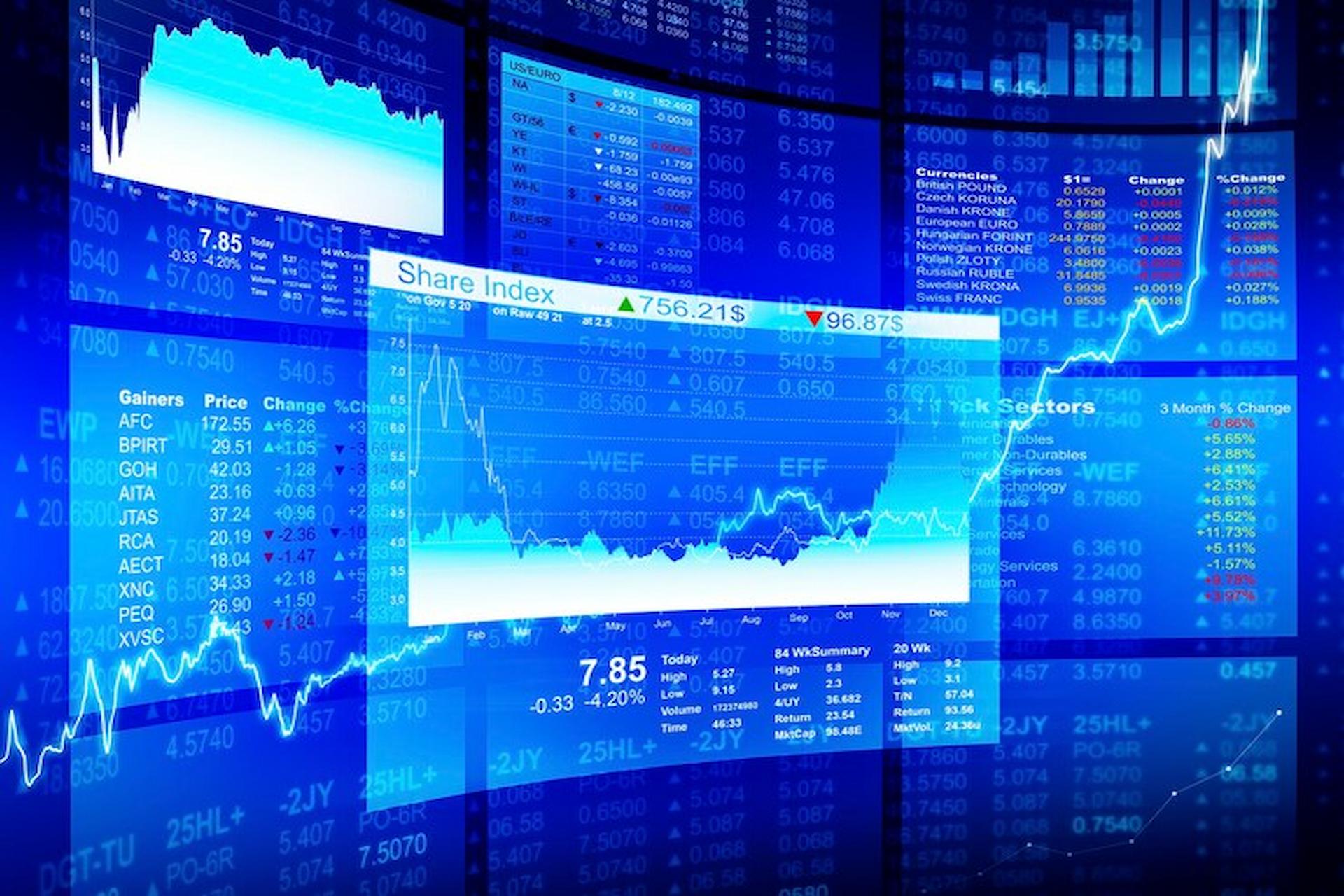Success hinges on more than just technical analysis and market trends in forex trading. It’s also a psychological battle. This dynamic doesn’t just exist between traders and the market but also between traders and their Forex trading broker. While brokers provide the platform, tools, and liquidity required for trading, they also shape the psychological landscape traders navigate. Understanding this interplay is key to making informed decisions and maintaining a disciplined approach.
Brokers’ Influence on Trader Psychology
Forex brokers are businesses, and their primary objective is to maximize profits. To achieve this, they often design environments that subtly influence trader behavior. From user-friendly platforms to promotional offers, these features can encourage trading activity, sometimes leading traders to take unnecessary risks.
For example, a Forex trading broker may emphasize high leverage as a selling point. While leverage increases potential profits, it also magnifies losses, pushing traders into a high-stakes environment. Similarly, trading platforms with easy access to multiple instruments and one-click trading options can tempt traders to act impulsively rather than sticking to their strategy.
The Role of Marketing and Promotions
Many brokers use marketing strategies that appeal to a trader’s emotions, such as the fear of missing out (FOMO) or the allure of quick riches. Bonuses, rebates, and promotions can create a sense of urgency, encouraging traders to open more positions or increase their lot sizes. While these incentives can enhance the trading experience when used wisely, they may lead some traders to overtrade or deviate from their plans.
Educational resources, while valuable, can also play into the psychological game. By framing trading as a skill that can lead to financial independence, brokers appeal to traders’ aspirations. While this isn’t inherently negative, it can create unrealistic expectations if not balanced with transparency about risks.
How Traders Respond to Broker Behavior
Traders are not passive participants in this dynamic. They make decisions influenced by their emotions, biases, and reactions to the broker’s environment. Common psychological challenges traders face include:
- Overtrading: Easy access to trading platforms and promotional incentives can lead to excessive trading, often fueled by overconfidence or an urge to recover losses.
- Fear and Greed: High leverage and volatile markets amplify these emotions, causing traders to exit winning trades too early or hold onto losing trades for too long.
- Confirmation Bias: Traders may seek out information or tools from brokers that align with their pre-existing beliefs, ignoring signals that contradict their strategies.
Building a Healthy Trading Environment
To thrive in this psychological dynamic, traders should focus on creating a structured and disciplined approach to trading.
- Set Clear Goals: Define your trading objectives and risk tolerance. Avoid being swayed by promotions or incentives that encourage excessive risk-taking.
- Use Risk Management Tools: Leverage features like stop-loss and take-profit orders to control emotional decision-making during volatile market conditions.
- Educate Yourself: While brokers provide resources, seek independent education to gain a balanced perspective on trading risks and opportunities.
- Track Your Behavior: Maintain a trading journal to monitor emotional triggers and identify patterns that lead to poor decisions.
- Choose the Right Broker: Opt for brokers that emphasize transparency, fair trading conditions, and responsible marketing practices.
The Broker’s Responsibility
An ethical Forex trading broker plays a crucial role in minimizing the psychological strain on traders. By offering tools like demo accounts, realistic leverage options, and educational resources that emphasize risk management, brokers can contribute to a healthier trading environment.
Some brokers go a step further by providing psychological support through webinars or one-on-one coaching, helping traders navigate the emotional challenges of forex trading. These efforts demonstrate a commitment to long-term client success rather than short-term profits.
The relationship between traders and brokers is a complex psychological interplay that shapes the trading experience. While a Forex trading broker influences trader behavior through their platforms, marketing, and features, traders have the power to recognize these influences and maintain control over their decisions. By fostering self-awareness, discipline, and a focus on long-term success, traders can navigate the psychological game with confidence and turn the broker-trader dynamic into a productive partnership.

Leave a Reply
You must be logged in to post a comment.